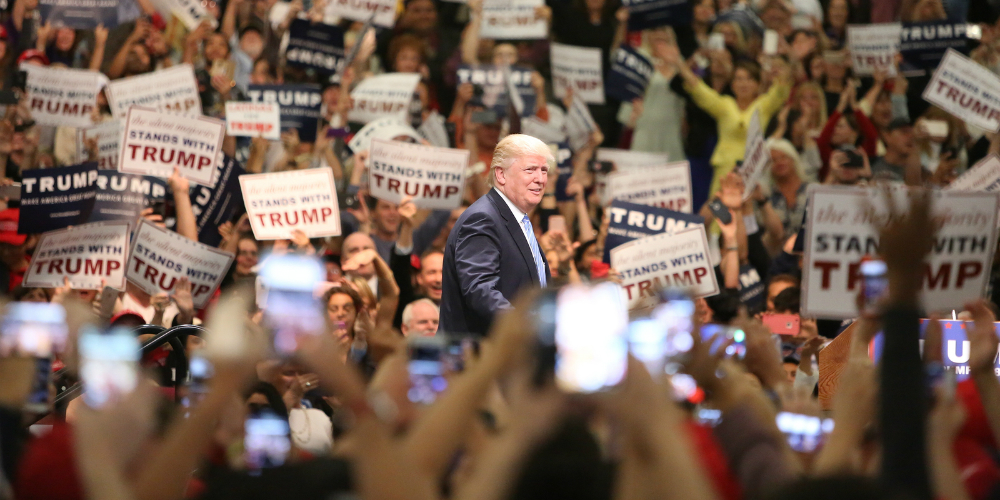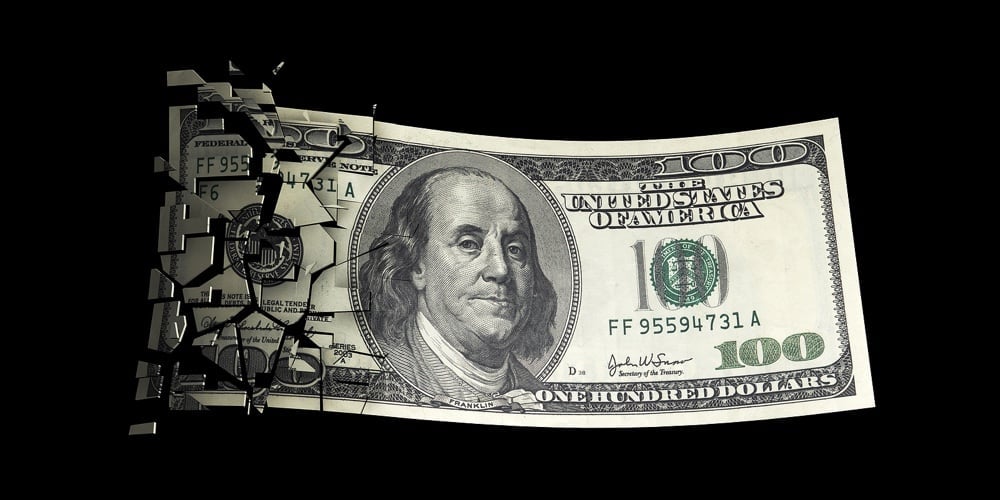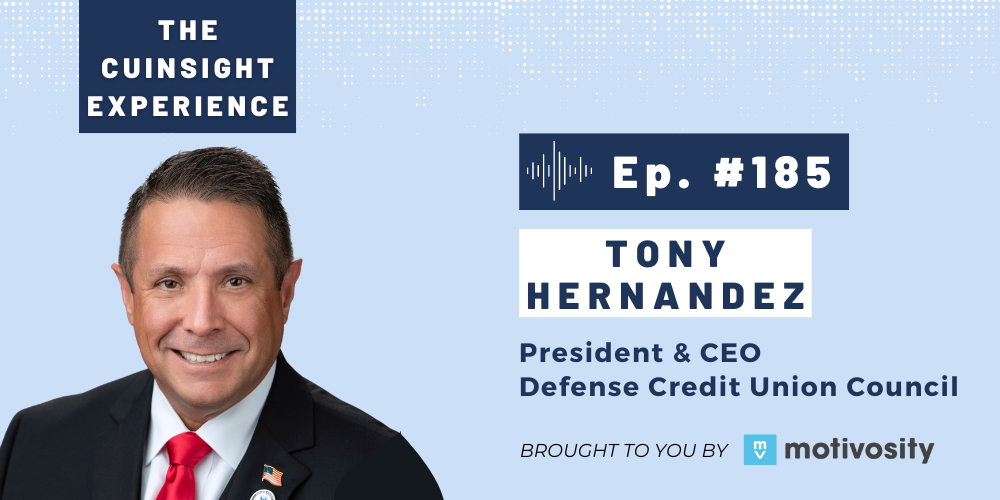“You know taxes are illegal, right? It’s just modern day slavery,” the young man earnestly told his dad, as I eavesdropped from my neighboring booth in a local diner on Saturday morning.
Fifty years ago, in a similar political conversation, this young man would have groused about fascist war pigs and the establishment. Youthful distrust of the government is nothing new, but these days, it’s not just young Americans who feel the need to stick it to The Man.
Say what you will about Donald Trump, but that man understands marketing. While other Republican presidential hopefuls trotted out the same old outdated messages, Trump recognized attitudes among the working class, the backbone of the Republican party, had changed. Factory and farm jobs have disappeared, and many who have attempted upward mobility through higher education have come up dry.
Economic inequality has been a reality for minorities throughout America’s history, but for working class whites, the struggle is relatively new. And according to them, there’s no hope in sight.
CNN conducted an extensive survey of white working class Americans in an attempt to better understand Trump’s supporters. The results aren’t surprising, but they are among the first to quantify the reasons behind Trump’s political success.
Sure, some Trump supporters are racist, and those idiots are on full display on social media. However, racism hasn’t fueled Trump’s momentum. Dismissing it as such is short sighted, and the CNN survey confirms that. Sixty-two percent of those surveyed blamed the federal government for their economic problems. Sixty-two percent also said it’s harder to get ahead financially than it used to be, and 67% said it’s harder to find good jobs.
Working whites were significantly more pessimistic than working class minorities about the government, the economy and the future. Plenty of news articles have asserted those perceptions are wrong, and the U.S. is actually stronger than ever, but tell that to the factory worker laid off in Ohio, the unemployed ag worker in Alabama, the Kansas school librarian whose position was eliminated or the cocktail waitress whose casino closed in New Jersey. These folks don’t want a government handout, they want jobs. They want to work hard, and at the end of the day, receive enough money to pay their bills.
As a political outsider, Trump can distance himself from the blame, but can he deliver a solution? Even Trump supporters aren’t entirely sure. The fact that he’s touting Kansas Governor Sam Brownback as his economic adviser is a bad sign. However, enough Americans are so desperate, they’re willing to take the risk with a wildcard.
Where do credit unions fit into this mess? For starters, they’ve been affected by these job losses. Once upon a time, those blue collar jobs represented credit union legacy sponsors. Community charters weren’t just a fad, credit unions had to expand beyond the factory to grow. Low-income designations aren’t just a way to skirt the member business lending cap; there’s a real need to serve poor populations in communities all across America, particularly in regions that were once prosperous.
For years, credit unions have marketed themselves as having the same products, services and conveniences as banks, but at a lower price point. The cooperative nature of the institution was a marketing afterthought, if addressed at all.
The Trump narrative changes that. Banks are part of the distrusted establishment.
The father and son I overheard at the diner also discussed loans. The father suggested his son refinance his mortgage to a 15-year term or make twice monthly payments.
“You don’t want to pay on that for the rest of your life,” the father advised.
“They wouldn’t let me do that,” the son countered. “Why would they when it would mean they make less money?”
The father assured his son that to keep his business, the bank would refinance the loan into a shorter term or with more frequent payments.
I listened closely. There was no mention of a credit union option. For all I know, the son’s loan is at a credit union and they don’t know the difference.
November 5 marks the five-year anniversary of Bank Transfer Day. Credit unions saw a huge swell in membership thanks to one angry consumer and her Facebook page, yet the community hasn’t since leveraged anti-bank sentiment to replicate that success since. The recent Wells Fargo scandal was much worse than Bank of America’s decision in 2011 to charge a $5 monthly debit card fee, and yet most credit unions say they won’t capitalize on the Wells Fargo scandal to market credit unions.
Americans are as fed up with banks as they are career politicians. Credit unions should take Donald Trump’s lead and aggressively court working class bank customers by positioning themselves as alternative to Wells Fargo. Of course, this can be accomplished with more class than Trump has displayed, but it will require a more direct approach than the usual baby ducks and rainbows credit union marketing strategies.
Credit unions need to get fed up with banks, too. Their trade association is suing the NCUA over its MBL rule. Remember the embarrassing banker campaign that questioned CUNA’s Bank Transfer Day membership numbers? And then there’s the constant banker lobbying on Capitol Hill to tax credit unions.
It’s time credit unions stick it to banks. Working class Americans and their financial cooperatives deserve better.







